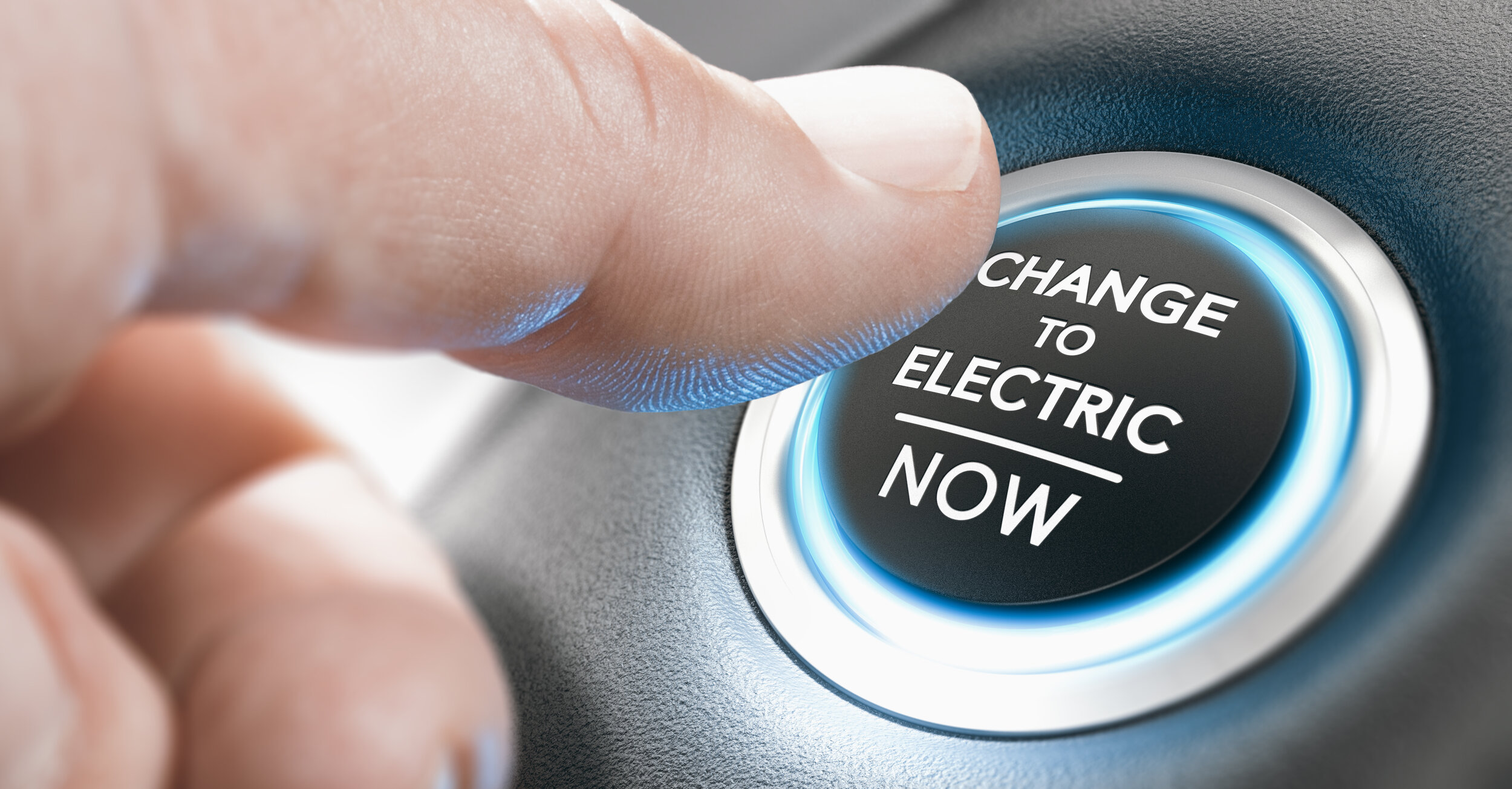The Benefit of Electric Cars
Electric cars are good for the environment and can be good for your pocket. We know that running an electric car will be beneficial with no petrol costs, reduced or no car tax, and it may be exempt for congestion charge but if you’re running a business then there’s some tax benefits too.
Capital Allowances
When a car is used by a business, capital allowances can be claimed. Capital allowances give tax relief as they are deducted from taxable profits, thus reducing the tax payable, and can be claimed on various fixed assets, such as plant and machinery, certain fixtures and fittings, equipment and cars, and typically calculated at a rate of 6% or 18% on the cost of a car, subject to its CO2 emissions. However if an electric car or a car with emissions below 50g/km of CO2 is bought new or unused you can claim FYA (First year allowances), meaning you can deduct the full cost from your profits before tax in the year of purchase, instead of claiming the cost over many years.
As a sole trader or partnership the capital allowance claim would be based on the business usage and a private use adjustment would usually need to be made, limiting the claim, and this should be calculated by reference to the amount of business miles v personal miles driven in the period.
Benefit in Kind Tax
A company can claim the full cost of the car by way of capital allowances, which will save corporation tax, but the user of the car would be subject to a benefit in kind charge, subject to tax on the employee and Class 1A NIC on the employer, and reported on form P11D. The benefit in kind is usually calculated as a percentage of the list price, so it doesn’t pay to buy an old vehicle at a reduced price if the list price was high.
The provision of a high performance non-electric company car to entice employees can end up very expensive in tax terms for both the employer and employee and often not worthwhile unless there a genuine need for the car and it is has low emissions or is electric. This is because on a car with a high level of CO2 emissions, you could be taxed on up to 37% of the list price each year and is therefore not tax efficient to run a gas guzzler with high emissions through a company as the benefits in kind rates are high and you would only benefit from the lowest rate of capital allowances of 8%. In some instances a pool car works well when available to all employees, which might be the case if the car was left at the business premises, for example like a branded estate agents car.
New Rules - Low Benefit in Kind on Electric Cars
From 6 April 2020, the government started to encourage the shift towards environmentally-friendly cars, by reducing the benefit in kind charge to 0% on new electric cars for the 2020/21 tax year. This has been a huge incentive as the employee user will pay no tax. For example, on a £50k high emissions car, a 40% taxpayer could pay £7,400 in tax, compared to nothing for an electric car.
The benefit in kind charge rises to 1% for the tax year starting 6 April 2021, and then 2% from 6 April 2022 until the end of the 2024/25 tax year.
Lease Cars
If you were to lease a car through your business, the lease costs will reduce the taxable profit of the company, with the same benefit in kind rules applying, based on the CO2 emissions and the P11D value of the car (which is the list price plus options and delivery charge). It is worth comparing the company tax saving on the lease payments and the personal tax payable to decide whether it is more beneficial to lease rather than buy.
The potential benefits of leasing a car are you avoid paying the full cost of the car as you are effectively just hiring the car, you can generally reclaim 50% of the VAT on the lease payments if the business is VAT registered, and there are sometimes better lease deals available for business owners.
There is an additional taxable benefit in kind charge for fuel reimbursed so it is usually not beneficial for non-electric cars but we will not go into the detail of fuel benefit in this post.
With the growing presence of electric and low-emission cars in the market, it is certainly worth considering the options available and there is a wide choice of cars to choose from whether buying or leasing. In a nutshell, the lower the CO2 emissions on cars and other vehicles, the better, as you gain more tax benefits when purchasing or leasing these through a business. As you see there are a number of factors to take into account when taking on a car through a business and if you would like to discuss this further, book in a call with us.
FUSE is an independent Chartered Certified firm of accountants and tax advisors based in Highgate Village, North London. We provide a dynamic range of services to clients working in property, media, entertainment and professional services. Our clients vary in size from self employed sole traders, small enterprises and medium size businesses. We believe that comprehensive financial planning and sound business financial advice are the keys to growth and profitability.











